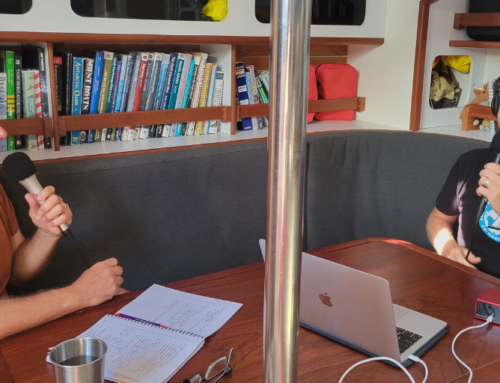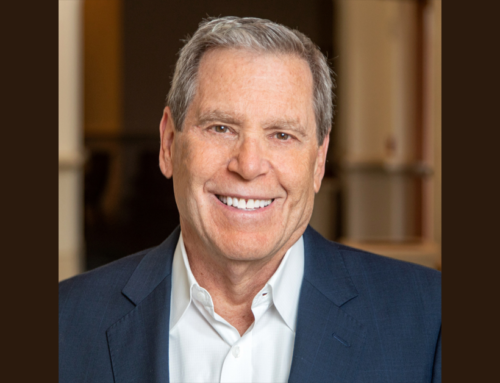Becoming a great storyteller is one of the most useful talents you can have.
For many parents, one of the greatest joys when our kids are little is reading them stories. And as my podcast guest Annette Simmons says, “Those stories were actually behavior modification stories in many ways. They taught us how to share. They taught us how to delay gratification. They taught us all the lessons we need to be good friends, good family members, and so on.”
She went on to say, “Storytelling is actually the oldest form of influence in human history. And those stories weren’t just to entertain. I think there’s an evolutionary reason why we have stories and that is to share lessons learned.”
Every one of us is in the business of influencing behavior.
- We want to influence our clients to take our advice.
- We want to influence a colleague to level up their performance.
- We want to influence a spouse that it takes no more effort to put the dirty dishes in the dishwasher than the sink.
But the key to being a great influencer is not to get somebody to do something they don’t really want to do. That’s simply manipulative selling.
Instead, great influencers help people reach their own conclusion that it’s in their own best interest to move forward with what you’re trying to influence them to do.
As sports coaches are fond of saying, “I don’t make my team work hard. I coach them to WANT to work hard.”
Engaging storytelling is your best path to becoming influential.
Becoming Influential
Storytelling is a craft. And like any craft, you have to study and practice. Here are five things to understand about the craft of storytelling.
- Facts are not influential, faith is. When people have faith in you, you can move them to action. And as Annette says, “Faith needs a story to sustain it—a meaningful story that inspires belief in you and renews hope that your ideas indeed offer what you promise.” When you tell a meaningful story that connects with your listener, it causes them to decide for themselves to believe and do what you are saying. This is when your story becomes their story, and it becomes self-sustaining. Remember, it’s faith that moves mountains, not facts.
- Great storytellers influence how people interpret their facts. Two people can be given the exact same “fact” but have two wildly different interpretations (hello politics!). Why? Because they are each operating from different stories surrounding those facts. When you share more “facts,” the listener simply discounts it because it doesn’t fit their existing “story.” As Annette says, “Their story is more powerful than your facts.” To influence, you need to slip in a new story that your listener adopts as their new story. They’ll then use this new story to interpret your facts and voila, influence. And the sequence is key—tell your story first, then follow with facts when you feel confident the listener has adopted your story as their own.
- Story is like mental software. When you tell an effective story, your listener can “call up” that story in the future and apply new input specific to the current situation. “Once installed, a good story replays itself and continues to process new experience through a filter, channeling future experiences toward the perceptions and choices you desire,” says Annette. Imagine being able to influence people, through story, long after you’ve left the scene. Powerful!
- The more specific the story, the more universal the connections. This is counterintuitive but if you want to connect with more people, tell a more specific story. For example, if you want to instill a sense of urgency in your listener to make a decision, tell a story about a time when you were indecisive and what it cost you by delaying that decision. Your listener will be prompted to think about a time when they were hesitant to make a decision and how it came back to bite them.
- Your life is a story, live it and tell it well. How you live your life is determined by the stories you tell yourself. Tell great, aspirational stories and live into them. You are a unique story that will never be repeated through the eons of time. Live in congruence with your stories. Take comfort in your stories. And by doing so, people will see you actually live what you tell, and that authenticity will lead to connection and influence.
To become a better storyteller, start with the following.
- Listen to my podcast with Annette Simmons. Click here.
- Read Annette’s book, The Story Factor. Buy here.
- Practice and start telling stories.
The three actions above will start you on a journey that will open many doors and help you become more influential.





